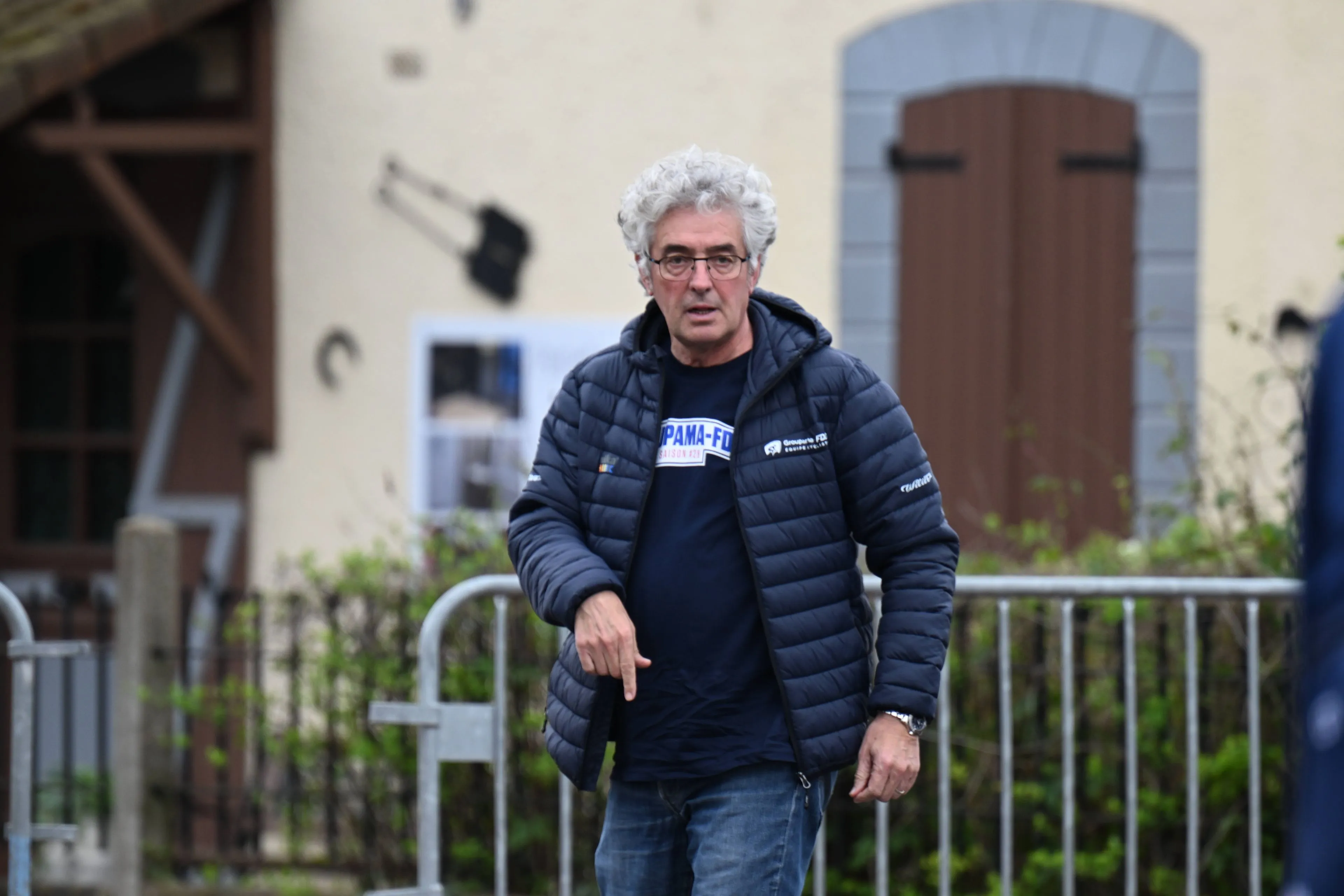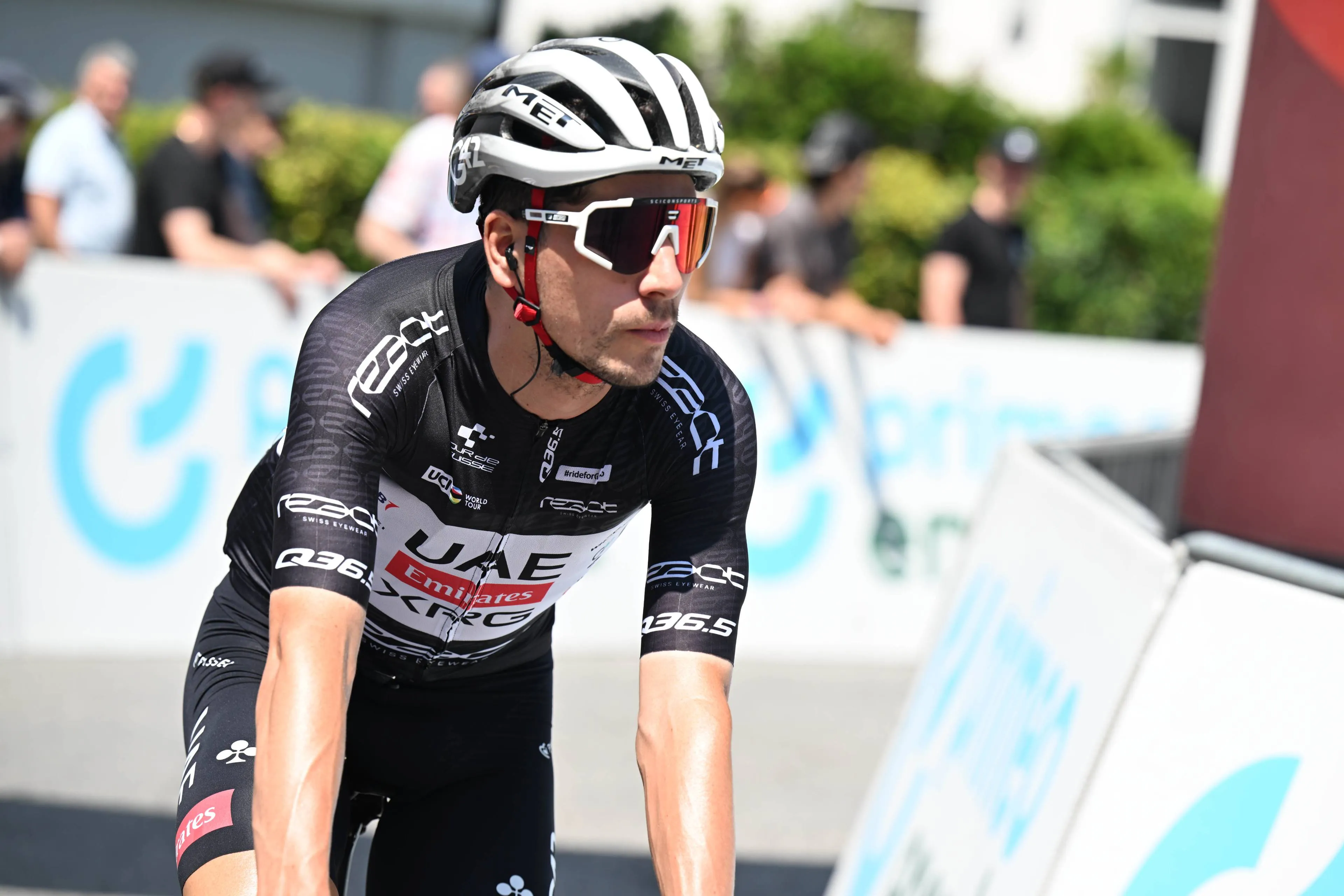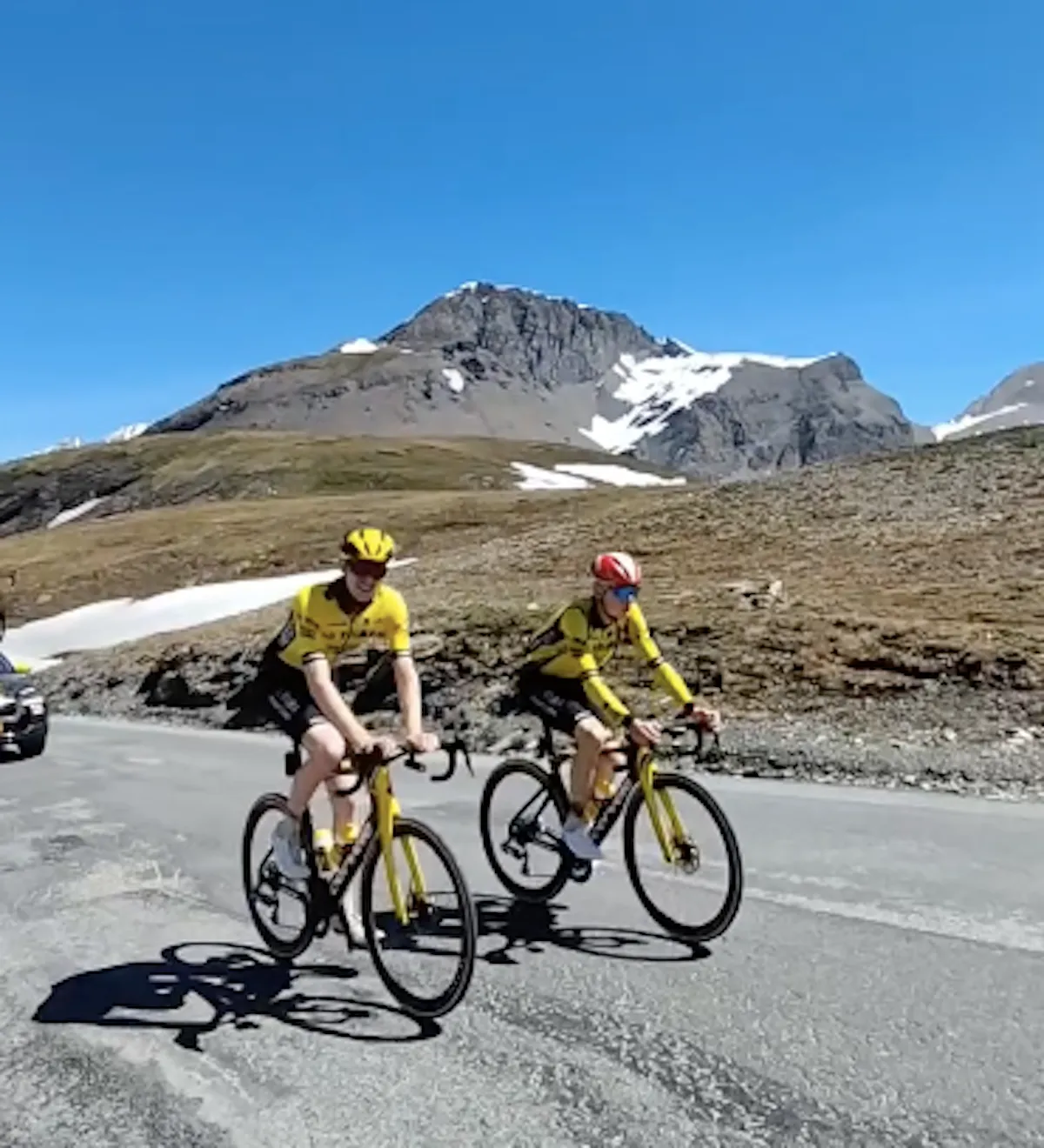German documentary claims cycling still dominated by doping with Aicar, the 'new EPO'
CyclingSunday, 22 June 2025 at 16:49

Seventeen years ago, cycling was at the center of the last major doping scandal: Riccardo Riccó, Stefan Schumacher, Leonardo Piepoli, and Bernard Kohl were caught, causing a massive scandal. Older fans will remember the Festina affair. Today, doping is less of an issue, but a documentary by German broadcaster ARD sheds light on a potentially huge problem.
ADVERTISEMENT
In the documentary Geheimsache Doping: Im Windschatten (Secret Case Doping: In the Slipstream), the doping debate is reignited by several whistleblowers, all involved in the cycling world. They tell their stories, with all the risks that entails. “Many people are afraid to talk,” says a former professional cyclist who competed at the highest level. “I know someone who wanted to testify, but he received death threats when the masterminds behind doping found out he wanted to talk.”
The last time someone was caught using banned substances in the Tour de France was during the 2015 edition. Luca Paolini (Katusha) had to go home after testing positive for cocaine; in 2012, Fränck Schleck was caught using a diuretic. But the witness laughs at suggesting that the sport is much cleaner now. “If you believe nothing illegal has been taken during the Tour de France since 2015, that's a joke. I was there myself and noticed that doping was still going on.”
ADVERTISEMENT
Read more below the photo!
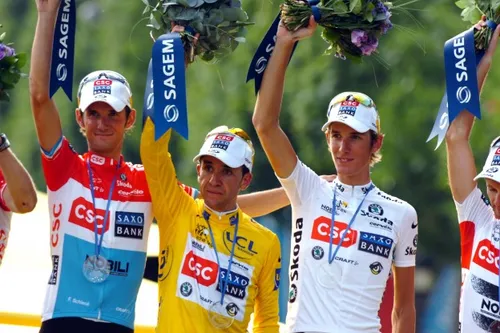
Fränck Schleck (left) was the last rider caught on a performance-enhancing drug during the Tour de France.
Is drug Aicar the new super doping?
ADVERTISEMENT
So, what substances are allegedly being used in the peloton? EPO remains a popular substance, according to reports. By microdosing it, i.e. taking undetectable amounts, riders can stay under the radar during doping controls. But the big culprit is Aicar. According to the Doping Authority, this substance improves blood circulation and changes muscle fibers, which is hugely beneficial during endurance sports. “People who are active in professional cycling say that Aicar was and is the drug of choice in the peloton,” says a whistleblower.
The drug was originally developed as a treatment for cancer, but also for cardiovascular disease. Ron Evans, professor and biologist, is considered the creator of AICAR. From the beginning, it was clear that the substance would be used in medicine and elite sports. “It opened a door that has never been closed,” Evans admits.
The period during which Aicar can be traced is very short. The anti-doping authorities, therefore, do not really have an answer. But there are many similar substances available. “If I were an athlete, would I take Aicar, knowing that it is on the list of banned substances? Or would I take a related product that is not on the list?” asks Oliver Catlin, an American doping expert. He found no 166 other substances with similar effects, only four of which were on the list of banned substances.
Read more below the photo!
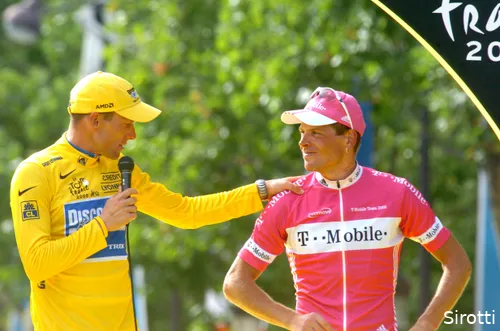
Lance Armstrong was the first to have the term "alien" thrown at his head.
ADVERTISEMENT
French doping expert: "I cannot explain what I see on the road"
Other experts believe that the sport has indeed become cleaner. They argue that the dramatic performance improvements can be explained by factors other than doping. "The major developments are much more important than the advantages of illegal substances in the past,’ says Filippo Galli, product developer at Colnago. ‘We are talking about countless innovations: materials, aerodynamics, weight, bike control, grip, comfort."
Others remain highly critical, including Pierre Sallet. The Frenchman was an exercise physiologist for Tour organizer ASO and has been highly critical of Chris Froome's performance in the past. “We know the limits of human performance,” he says. “We know what a person can and cannot achieve. There are certainly gray areas, but it becomes black and white at some point, and then it's doping, 100%.”
During the Lance Armstrong era, Sallet coined the term ‘aliens’ on bikes, which is used today for Tadej Pogacar in particular. The Frenchman is also skeptical about the current generation of super athletes. “I can't explain what I see on the road. A normal man is between 1.60 meters and 2.20 meters tall. But the performances we see are sometimes as if someone is 3 meters tall.”
Roger Legeay is president of the MPCC, the organization for credible cycling. He argues that anti-doping rules are lagging, so no one is being caught. "That is precisely why it is the job of the managers, the doctors, the team leaders, and the riders. They have to do it. Everyone in cycling: they are the ones who are responsible for ensuring an ethical and clean sport that arouses less suspicion." However, the documentary also reports that there are still a huge number of suspicious individuals in the professional peloton: 14 of the 18 WorldTour teams employ someone who has been found guilty of foul play in the past.
ADVERTISEMENT
Read also
IDL-productions
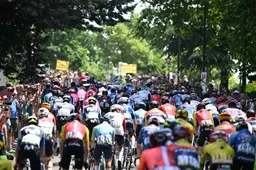
Vacancy: Growth Editor IDL Procycling - (native) English
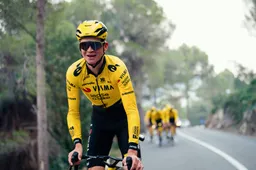
Tour of Oman 2026 | Visma | Lease a Bike and UAE’s ‘sherpas’ take up the challenge
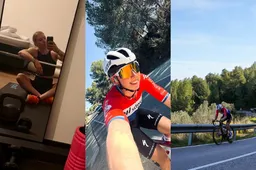
Winning machine Wiebes may get fewer chances at SD Worx-Protime after dream year
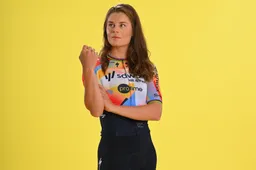
Hungrier, more eager and more in love than ever: Lotte Kopecky wants to hit back hard after failed experiment
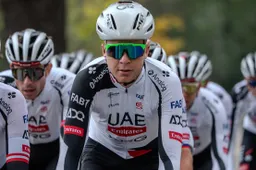
Gravel world champion Florian Vermeersch wants to take next step in the Classics — with and without Tadej Pogacar
Latest Cycling News

Vacancy: Growth Editor IDL Procycling - (native) English
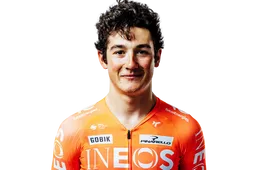
Clever move or dirty trick? August makes himself unpopular in Valencia
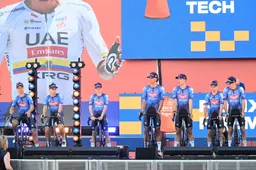
Alpecin celebrate first 2026 win, but Zwift Academy winner Noah Ramsay faces long lay-off after crash
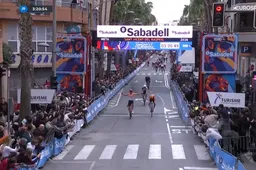
No friends made, but young August (INEOS) keeps his cool and outsmarts his breakaway companions in Valencia
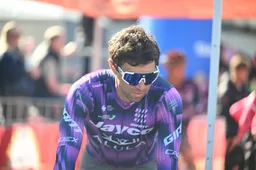
Matthews knows Monument hunt “with Pogacar and Van der Poel” will be difficult
Popular Cycling News
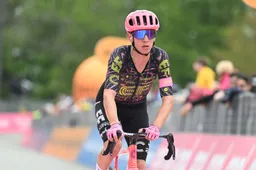
Former pro cyclist, who became an OnlyFans model after being sacked by EF Education-EasyPost, arrested in Italy
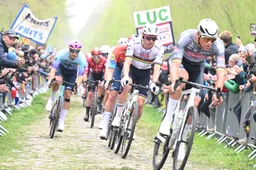
Jens Voigt: ‘It’s almost impossible for Pogacar to beat Van der Poel’
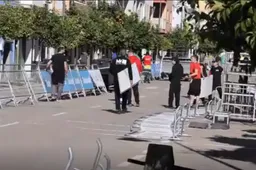
Evenepoel and Uijtdebroeks relieved after Valencia time trial ruling, but others furious: “It makes no sense”

Clever move or dirty trick? August makes himself unpopular in Valencia
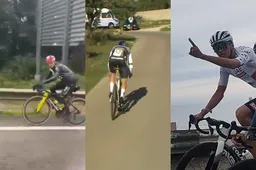
Jonas Vingegaard spotted training in pouring rain as he is forced to scrap UAE Tour clash with Del Toro and Evenepoel
Latest Comments
- Nice!Bea22-01-2026
- Those events are mental rest for him. Fun, without expectations. *Sagan lost his abilities because he gained weight and got lazy. Pogi will likely retire before that has a chance at happening.Veganpotter14-12-2025
- Ah, the consequences of riding for Israel.Veganpotter11-12-2025
- Pidcock could follow everyone but Pogi while finishing 3rd. No second place rider this season😃Veganpotter16-11-2025
- Now the Palestinian protestors can stop their whining. Trump came to the rescue. So they can now STFU and go back to waving the rainbow flags.raufus15-10-2025
- Cracked the code lol. If it was that easy to 'crack the code' jonny Vegas would be charging up the Kwaremont giving Pog a dose of his medicine. Evenepoel can't match pog on a climb and neither can mvdp. Anything with a half difficult climb and Pog smashes the field. Even on flat(ish)parcours like Roubaix it came down to a mistake and crash by pog to definitively crown mvdp. MSR is the only one that Pog probably won't win.kevpt10-10-2025
- We've seen this movie before. I think Pogacar is doping.DeadBlow10-10-2025
- 👍Bea08-10-2025
- 👌🏻Bea08-10-2025
- What the data doesn't show is how much of an effect drafting had for evenepoel. Pogacar went with del toro at 100km whilst Evenepoel was still in the bunch. Despite the bike changes he still had a lot of assistance getting back to the bunch. Pogacar then rode 60km solo whilst evenepoel rode with Healy/Skjelmose until going solo in thd last 10-15km. Thats ~20% less power / energy requirements for 45-50km. Apples and oranges...kevpt30-09-2025
Loading
